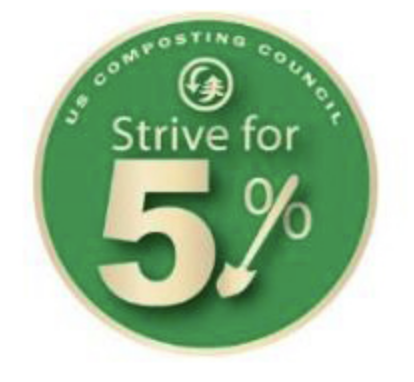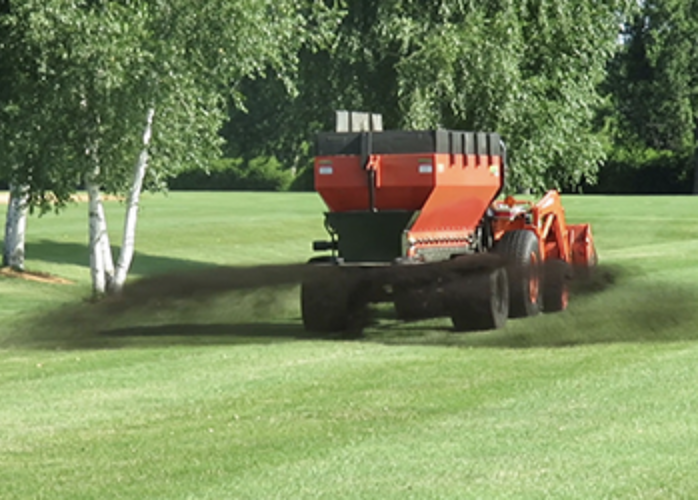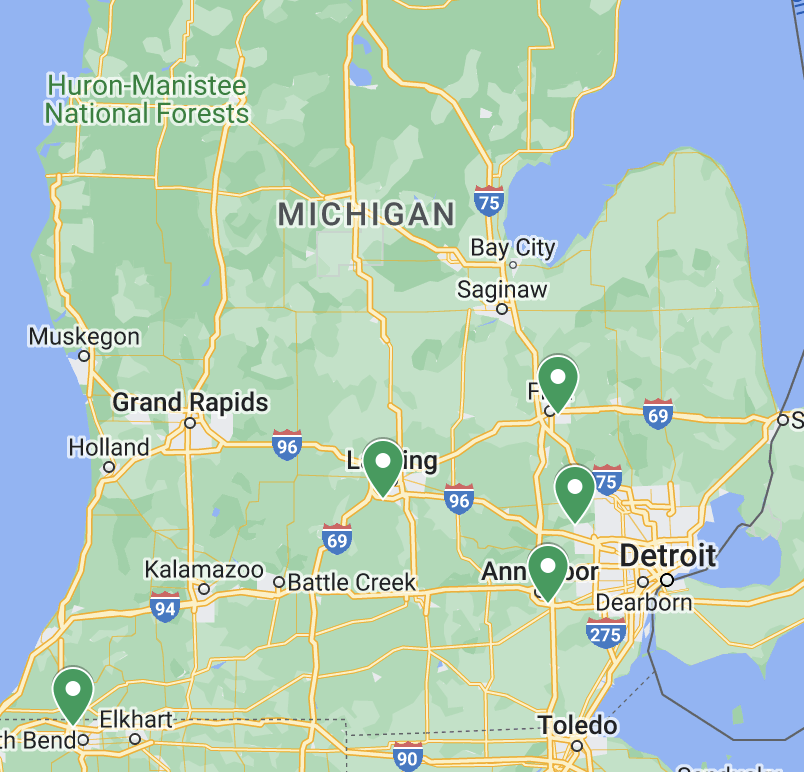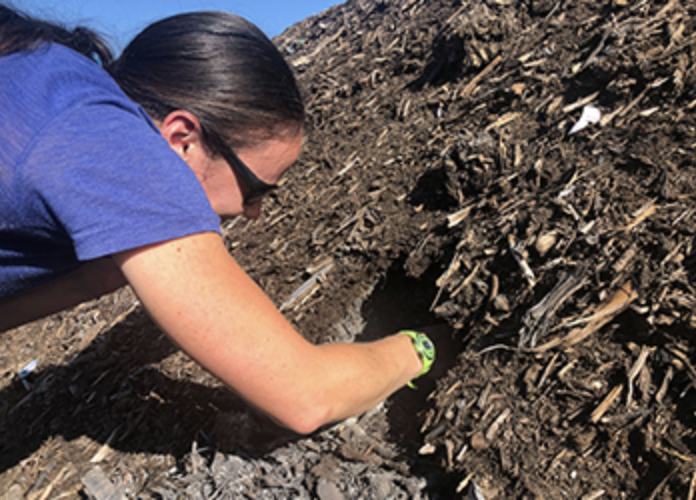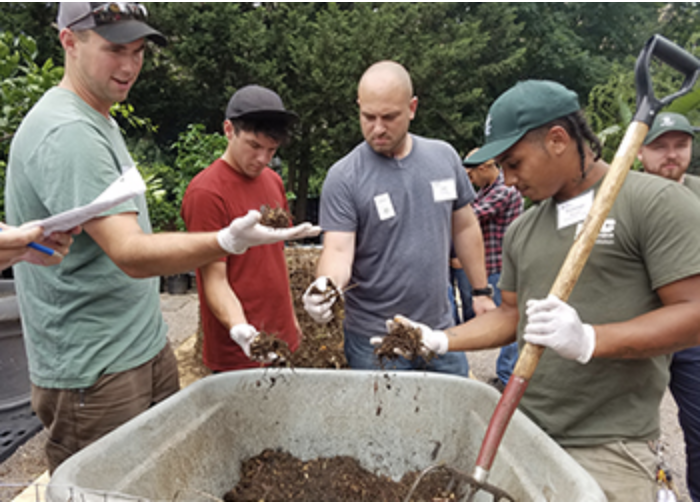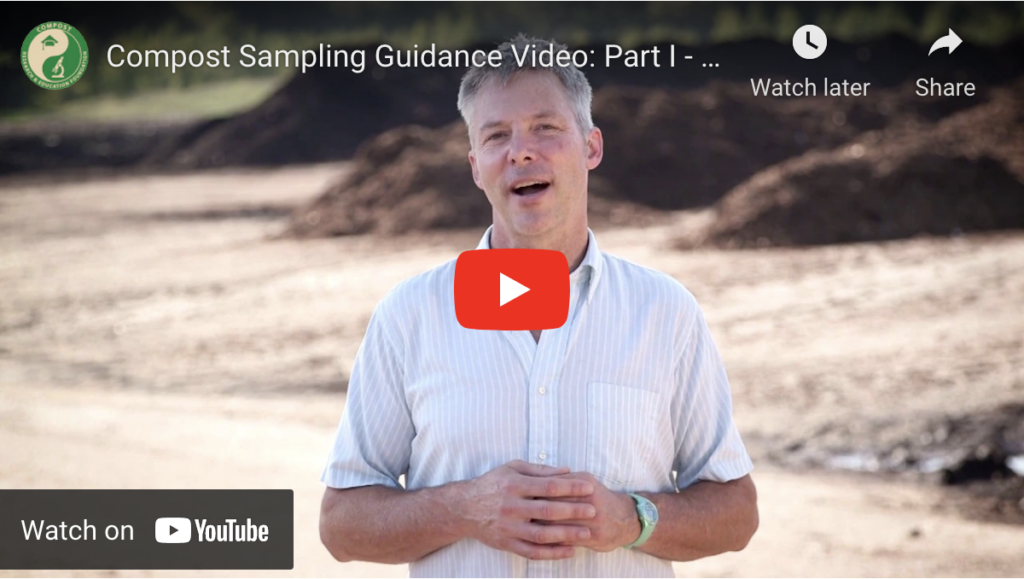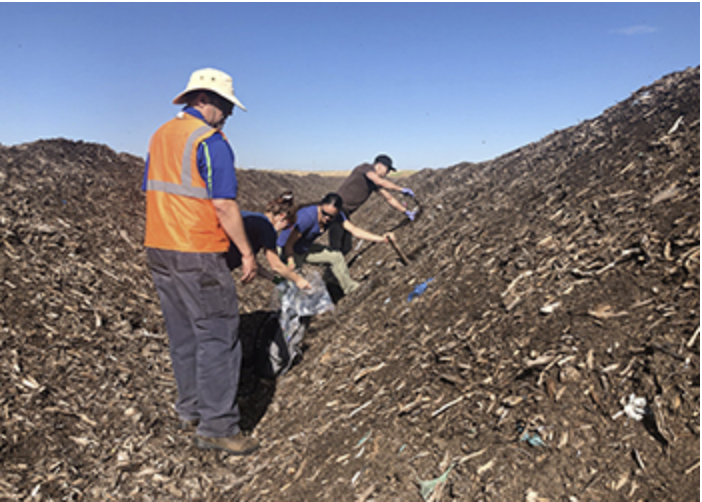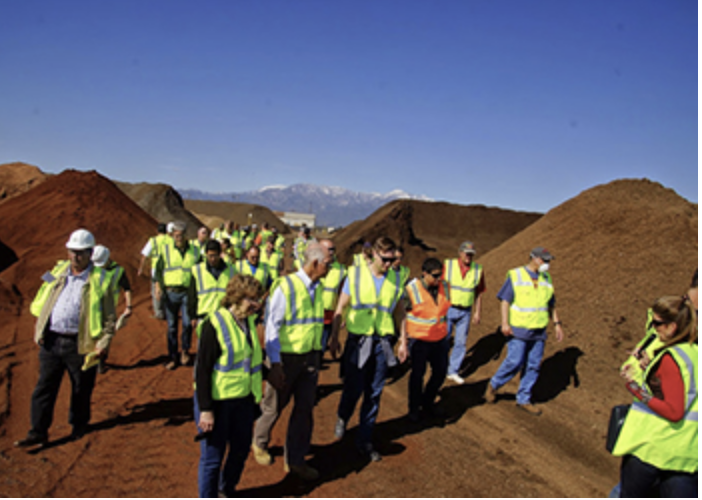Posts by Melinda Hamilton
Using STA Certified Compost – Directions for Use and Specifications: Amounts to Use
Amounts to Use Applying the right amount of compost is important to maximize benefits to both your project and your wallet. The US Composting Council and industry experts recommend that soils should contain at least 5% organic matter. Read Increasing Soil Organic Matter with Compost for more information about why you should “Strive for 5%”. Increasing…
Read MoreUsing STA Certified Compost – Directions for Use and Specifications: Methods to Use
Applying compost to your project is easy provided you have the right resources. Check out those methods below. Topdressing Topdressing is a method of applying compost by spreading a thin layer on top of your project area. With this surface application method, established plant roots aren’t disturbed. Make sure not to pile compost against the…
Read MoreUsing STA Certified Compost – Manufacturer Requirements: Sources to Buy
Country Oaks – Burton Facility, MI Product – Grade A Compost, Tested once every three months www.countryoakslandscapesupply.com 3218 E Atherton Road Burton, Michigan 48529 Contact – Mark Cherry mccherry5150@yahoo.com (810) 743‐1920 Hammond Farms, Inc. – Hammond Farms Landscape Supply, MI Product – Pro‐Gro, Tested once every three months www.hammondfarms.com 5834 N. Michigan Rd. Dimondale, Michigan 48821 Contact – Cliff…
Read MoreUsing STA Certified Compost – manufacturer Requirements: Higher Standards for Test Results
Higher Standards for Test Results Some STA Certified Compost manufacturers opt to hold their products to even higher standards. These compost products must pass the standards for the Compost Consumer Use Program (CCUP) test results to remain in the CCUP program. Compost Consumer Use (CCUP) Methods & Amounts What is the Consumer Compost Use Program?…
Read MoreUsing STA Certified Compost – Manufacturer Requirements – Passing Test Results
STA Certified Compost – Test Result Limits for Compost Manufacturers STA Certified Compost participants must meet the EPA testing limits for heavy metals AND pathogens in every CTDS (Compost Technical Data Sheet) for every STA Certified Compost product. METALS – maximum concentrations expressed on a dry weight basis (Chromium and Molybdenum do not have EPA limits) Arsenic (As) 41…
Read MoreUsing STA Certified Compost – Manufacturer Requirements: Test Results
Understanding Compost Technical Data Sheets Since growing conditions and plant requirements vary, compost users can benefit from information that accurately characterizes the compost products they use. This data can help you to improve the way you use compost to best meet your particular needs and to fit your specific situation. Fortunately, all STA Certified Compost…
Read MoreUsing STA Certified Compost – Program Foundation: Lab Oversight
The Compost Research and Education Foundation www.compostfoundation.org Research Supporting scientific research is a core focus of the CREF mission. Here are some of the most current research projects and upcoming future project areas from the Foundation: Soluble Salts This literature review looks at the issue of soluble salts with the goal of beginning a dialogue…
Read MoreUsing STACertified Compost – Manufacturer Requirements: Frequent Testing
Testing compost often is key to staying on top of understanding a product that is constantly evolving. Manufacturers who produce: Over 17,501 wet tons / year must test monthly 17,500 to 6,201 wet tons / year must test every two months Under 6,200 wet tons / year must test every three months
Read MoreUsing STA Certified Compost – Program Foundation: Permits
Compost manufacturers participating in the STA Certified Compost program are required to be in compliance with all local, state and national regulations for manufacturing compost. Composting is a business, and is regulated by both State, Local (county, township, city) officials for many impacts, including environmental impact (leachate, air emissions); neighbor issues (odor, traffic) and operational…
Read MoreUsing STA Certified Compost Program Foundations: Testing Methods
The Test Method for the Examination of Composting and Compost (TMECC) Provides detailed protocols for the composting industry to verify the physical, chemical, and biological condition of composting feedstocks, material in process and compost products at the point of sale. Material testing is needed to verify product safety and market claims. TMECC provides protocols to sample, monitor, and…
Read More
